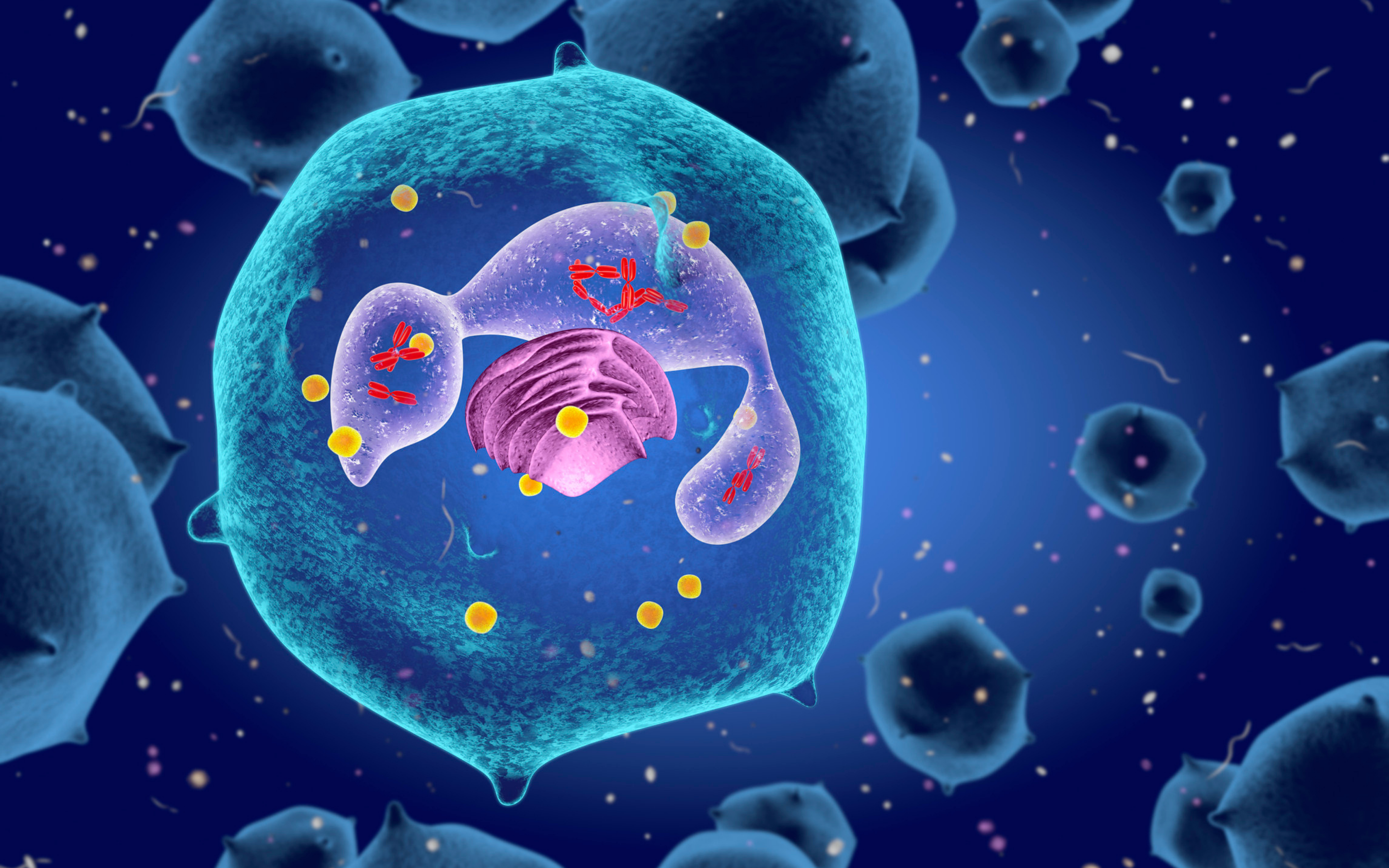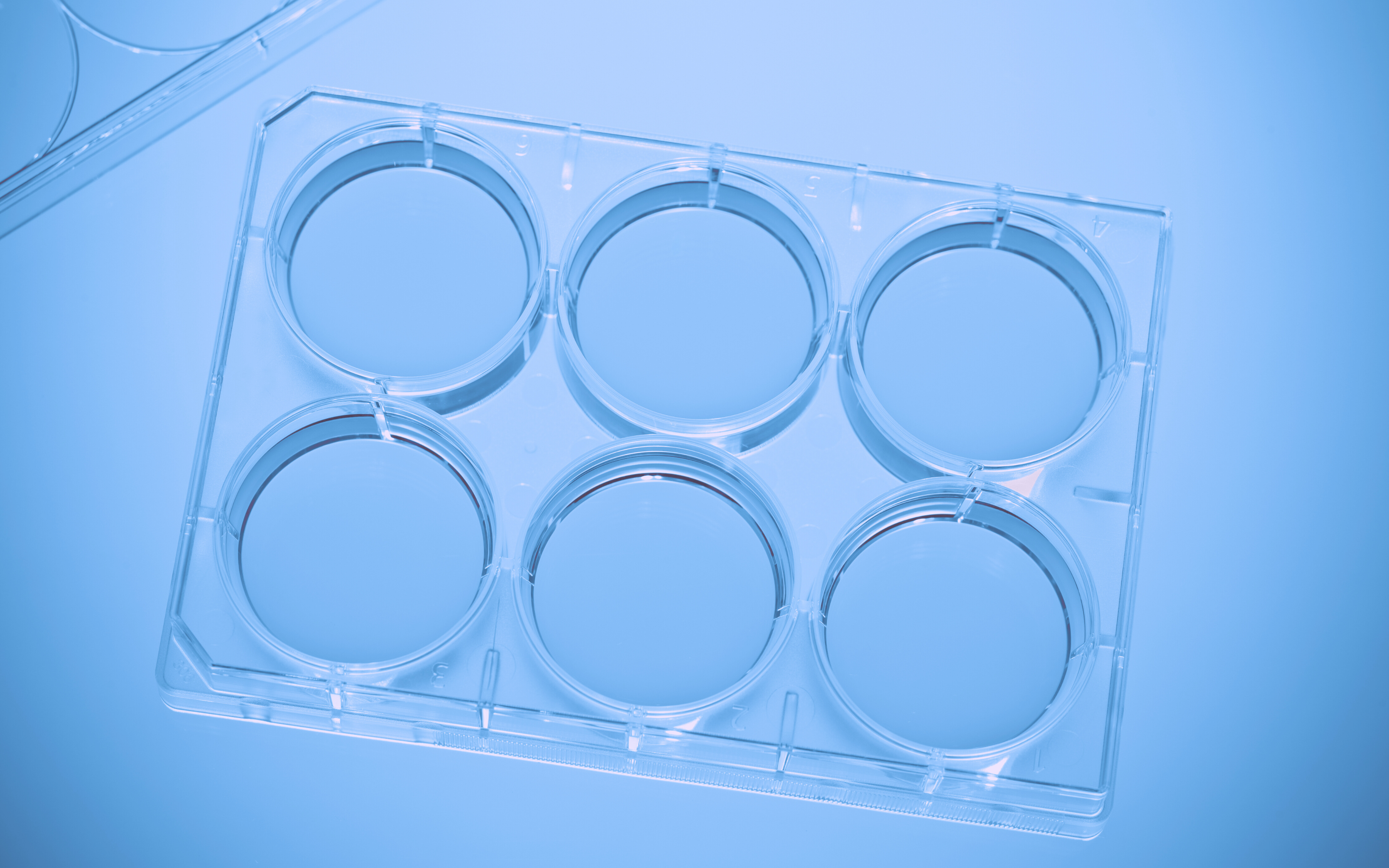Science, in theory, is a self-correcting field where any errors are doomed to be weeded out sooner or later. But spend some time doing scientific research, and you’ll notice that reality seldom lives up to this ideal – scientific errors occur regularly and are published at an alarming frequency. This is because despite years of training, scientists are still humans who are liable to make mistakes in everything from choosing the right research methods to collecting and analyzing data properly. Moreover, not all mistakes are honest mistakes – scientific debates are riddled with accusations of fudging results or outright forgery. Since scientific errors are inevitable, it is crucial to understand what causes them, thus incorporating error prevention tools into laboratory management.
Errors in Previous Research
Some studies are inherently flawed simply because they are based on the results of previous flawed studies. Scientists are taught to trust the peer review process almost blindly, and consequently, any published peer-reviewed article is considered factual. One could argue that this approach is a necessary evil of research, since each scientific discovery builds upon previous discoveries, and the alternative of having every scientist start from scratch would significantly inhibit scientific advancement. Still, when bad science is published, as it invariably is, it leads to more bad science being based on it. While post-publication peer review sometimes leads to the retraction of articles, countless flawed studies are still being used as the basis for ongoing research.
Errors in Planning and Execution
Many experiments are off to a bad start due to poor planning. The problem could lie with asking the wrong question, studying the wrong population or specimen, miscalculating the sample size required to generate statistically significant results, selecting unsuitable research methods, etc. But even if the planning stage goes off without a hitch, errors in experiment execution can derail a study completely. These errors can be the result of ignorance, insufficient personnel, budget constraints, the absence of a sample management system, and more. Finally, research data management mistakes often impede the correct analysis of good data.
Errors in Analysis
Though most scientists have taken at least a course or two in statistics, they are usually ill-equipped to employ advanced statistical tests, and in the absence of collaborations with statisticians, sound data can be analyzed erroneously. Laboratory management difficulties can also lead to data loss or misinterpretation, potentially obscuring key findings or highlighting artifacts. Finally, the immense pressure to publish can take a toll on scientific integrity. Young researchers must publish to graduate or to be accepted into prestigious doctoral or postdoctoral programs, while more senior researchers are compelled to publish to secure a position, obtain tenure, and fund their ongoing research. Publishing an article in a top journal can make a young scientist’s career or solve a tenured professor’s financial woes, which is why scientists strive to publish in the highest-ranking journals. But these journals increasingly reject all but the most novel articles, exerting pressure on the scientific community to churn out buzzworthy results. Since experiments rarely produce their desired results, scientists are frequently tempted to “force” their results to fit exciting new hypotheses by altering or even forging their data.
Proper Laboratory Management is Key to Error Elimination
Scientific errors occur at all stages of the scientific process, from the reliance on the scientific literature, to the planning and execution of experiments, to the analysis of data. While some errors, such as the deliberate ones, are largely unavoidable, proper laboratory management is crucial to minimizing errors in research.
To learn more about how Labguru can help you prevent scientific errors, click here:


%20(4).png)

